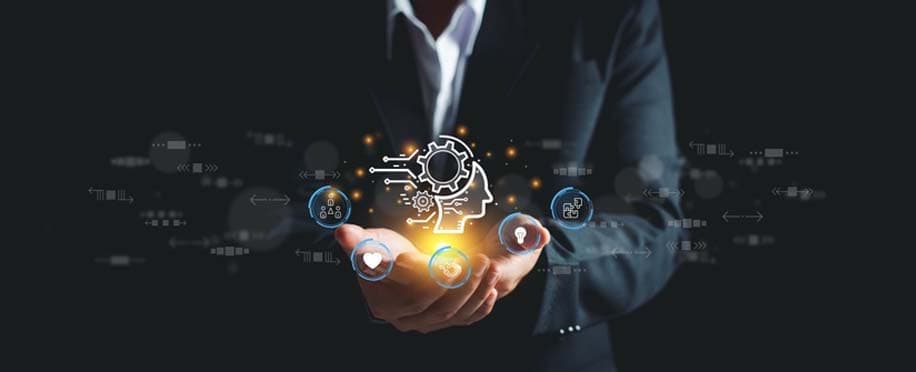Copyright © 2026 lpcentre.com All Rights Reserved. London Premier Centre For Training Ltd Registered in England and Wales, Company Number: 13694538
version: 3.0.1

5 Important Collaboration Skills That Will Help You In Your Career
If you take part in today's workplace, chances are you'll be part of a team. And that means you'll need to learn collaboration skills with others and work as a group.
Collaboration skills are core skills that exist in most strong teams. They're essential traits hiring managers in most organisations look for when hiring candidates.
Collaboration skills are soft skills that create stronger bonds among students, employees and other team members. Some examples of these skills are teamwork, active listening etc.
Collaboration skills can be developed by working together, brainstorming ideas and resources with other members, accepting diversity, and supporting each other's efforts. It can be formal or informal, but it's essential to any work environment.
Learning how to collaborate is critical if you want to be successful in your career. Here are five practical collaborative skills that will help you do so:

When thinking about what makes the team solid and prosperous, A few essential collaboration skills come to mind; here are 5 of the most critical collaboration skills you need to add to your skillset today:
You don't have to be the most talkative person in the room, but you do need to be able to communicate well with others.
This includes listening carefully and paying attention when people speak, asking questions, responding appropriately, and giving good feedback when necessary.
Effective communication, one of the top 5 collaboration skills, increases your chances of success when working on new projects with the same team; the better your communication skills are, the more likely things will go smoother during future interactions.
Collaboration is about working together toward a common goal, not just individual accomplishments or achievements.
However, working with others as part of a team requires patience and understanding so that everyone gets their share of the work done without rushing through it.
That's why some companies practice collaborating activities that create better trust and enhanced soft skills among their employees, like going on trips or bonding over a meal. These companies believe that collaboration skills are best developed with hands-on practice.
One of the essential qualities for effective collaboration is being flexible when things don't go according to plan, which is often the case when working on a team or a project.
It's essential to handle unexpected changes in schedule or direction and be willing to compromise when necessary.
Collaboration also requires the ability to solve problems and think creatively. This can be incredibly challenging when working with someone who may be more used to being in charge.
Team members must be willing to listen, ask questions, and admit when they don't understand something — all of which are critical skills in collaboration.
To learn more about being a better team leader, you can read more about effective leadership and team collaboration.
Active listening is one of the essential collaboration skills for any collaboration. It means not just hearing what someone says but also understanding what they mean by it. It's also important to show that you're listening by paraphrasing or summarising what they said back to them.
Emotional intelligence (EQ) is another essential skill that helps with collaboration; it's the ability to recognise and manage your own emotions and those of others, give credit to those who deserve it and be mindful of others’ needs.
Interpersonal skills are the ability to communicate effectively and build relationships with other people. These skills are essential in many fields, including sales, management, customer service and teaching.
Knowing the right ways to build a healthy relationship with your employees is essential. If you want to improve your interpersonal skills, there are several steps you can take to achieve this goal.
The first step is to assess your current level of interpersonal skills. This will help you determine where to improve to become more effective at communicating with others. If you have never taken an assessment before, here are some tools:
The MBTI® instrument (Myers-Briggs Type Indicator) is a personality test that identifies you based on four different types of personalities: extrovert or introvert; sensing or intuitive, thinking or feeling; judging or perceiving. The DISC assessment tool is also an excellent way to assess your traits.
Once you've identified your top strengths and weaknesses, it's time to start working to enhance your intrapersonal skills by using these strategies:
Collaboration skills are essential because they help you create better products and services, solve problems more effectively, and make better decisions. As an individual contributor or team leader, the collaboration will help you do your job better. But more importantly, it will help you advance your career and increase your competencies.